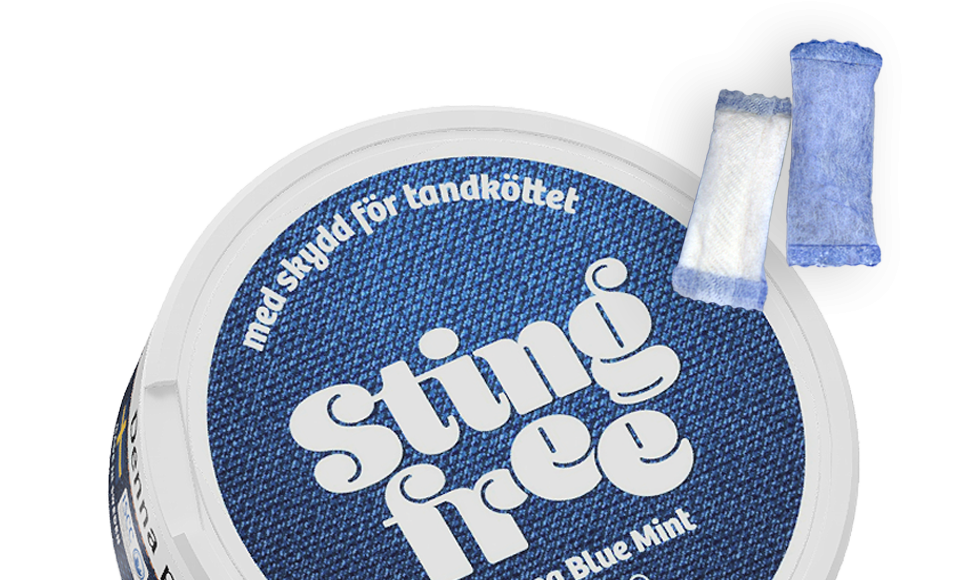Earlier this year, the Coalition of Asia Pacific Tobacco Harm Reduction Advocates (CAPHRA) urged governments to follow New Zealand’s example by allowing the sale of oral nicotine products as part of THR efforts. In line with evidence showing that these products can significantly reduce smoking rates and improve public health, New Zealand has regulated reduced-harm smokeless tobacco and oral nicotine products, such as Swedish snus and nicotine pouches.
CAPHRA’s Executive Coordinator, Nancy Loucas, highlighted New Zealand’s success in cutting smoking rates, which dropped from 16.4% in 2011/12 to 6.8%, thanks to progressive vaping regulations and harm reduction policies. Countless scientific studies indicate that nicotine products pose less than 5% of the harm caused by smoking, while real-world data from countries like Sweden, show that products like snus reduce smoking-related diseases.
What are some actual solutions?
Lawmakers should be focusing on enforcing regulations that prevent access to teens, rather than setting sweeping bans which prevent access to adult smokers aswell.
THR experts worldwide have long argued that lawmakers should be focusing on
enforcing regulations that prevent access to teens, rather than setting sweeping bans which prevent access to adult smokers aswell. CAPHRA urges policymakers to review evidence, engage with consumers, and shift away from outdated “quit or die” approaches to end the persistent smoking epidemic.
In the UK, a new AI powered app called AgeAI app, is being introduced to automate age verification in hundreds of UK vape stores. This app uses facial age estimation to ensure compliance with regulations and prevent sales to minors, while helping stores avoid fines of over £1,500. AgeAI is anonymous, GDPR-compliant, and streamlines the process by reducing unnecessary ID checks and automating compliance tracking.
This launch comes as UK retailers face growing scrutiny, with an average of two stores daily caught selling vapes to minors in 2023. Already tested in Europe and the US, the AgeAI’s technology, ahas been certified for accuracy in identifying underage customers, and offers a solution that could be encouraged worldwide.
THR experts have long emphasized the need for all stakeholders, including policymakers, health experts, industry leaders, and consumers, to work together in addressing regulatory challenges. They argue that overcoming biases and collaborating is key to creating effective and inclusive policies. CAPHRA outlines three priorities: eliminating harm from combustible tobacco, promoting objective harm reduction education, and protecting vulnerable populations with proportionate regulations.
Experts are asking for more reseacrh into the medicinal benefits of nicotine
Meanwhile, scientists and THR advocates alike are also calling for more research into nicotine’s potential therapeutic benefits, emphasizing that nicotine itself is not responsible for smoking-related diseases. At the recent Global Forum on Nicotine (GFN), experts emphasized that nicotine offers benefits such as stress, mood, and weight management, and that the focus on smoking’s dangers has overshadowed its positive effects. Dr. Alex Wodak highlighted the importance of helping smokers switch to safer alternatives like vapes, heated tobacco products (HTPs), and oral nicotine pouches, which eliminate harmful smoke by delivering nicotine through aerosols.
Dr. Garrett McGovern noted that in his medical career, nicotine alone has never caused illness. While experts like Dr. Carolyn Beaumont shared that many smokers who switched to vaping experienced significant health improvements. Mark Oates argued that no country has eliminated nicotine use, but some, like Sweden, have transitioned to safer alternatives such as snus.
Dr. Paul Newhouse from Vanderbilt University emphasized the complexity of nicotine’s effects on the brain, noting its potential benefits for mood, cognition, and neural functions. He stressed the need for nuanced research into how nicotine impacts individuals based on factors like age and condition, rather than viewing it as simply good or bad.
The only entity which benefits from bans is the black market
Meanwhile, public health entities have also consistently argued that overly strict regulations on tobacco and vaping products are fueling a surge in illicit trade. For example, data from Australia show a dramatic rise in unregulated tobacco and vape markets. While Australia’s tax gap on tobacco more than doubled since 2016-17, organized crime is exploiting these regulatory gaps, worsening the situation.
Draconian regulations are pushing consumers to dangerous black markets, compromising public health and supporting criminal activities. Governments are being urged to reassess their strategies by acknowledging the role of harm reduction, implementing balanced regulations, collaborating with stakeholders, and focusing enforcement efforts on illicit trade. Current harsh approaches, such as the NPs’ ban just set in Canada are counterproductive, putting millions at risk. and require immediate corrective actions.
Canada’s Nicotine Pouches’ Regulatory Disaster








